summary
This article presents an up-to-date review of the literature on hormone augmentation in the elderly to help primary care physicians better evaluate and utilize hormone replacement and optimization strategies to benefit their patients. The scientific literature suggests that hormone supplementation with estrogen, progesterone, testosterone, growth hormone, and thyroid hormone has the potential to improve quality of life and to prevent, or reverse, the many symptoms and conditions associated with aging, including fatigue, depression, weight gain,frailty, osteoporosis, loss of libido, and heart disease. Possible long-term side effects are also considered.
abstract
Bioidentical or natural hormones. These are a class of hormones including estradiol, progesterone, and testosterone that are pharmaceutically indistinguishable from the same hormones naturally produced by the human body (as opposed to equine estrogens, which are the source of conjugated estrogens and are not a natural hormone combination for humans). Bioidentical or natural hormones have been used for decades in Europe and since the 1990s in the United States. Until recently, no distinction has been made between bioidentical and synthetic hormones, thus leaving a deficit in the public and physicians’ knowledge and understanding of hormones in general. With the lack of distinction between types of hormones, we have been left with treatment recommendations based solely on the information obtained from studies on synthetic hormones. This has led to recommendations of continued, but shorter-term, use of synthetic hormone replacement combinations. The widely accepted ‘gold standard’ information on estrogen and progestogens in menopausal women stems overwhelmingly from the Women’s Health Initiative (WHI). This large-scale (>16,000 women) placebo-controlled study that started in 1991 evaluated the long-term effects of conjugated equine estrogens alone or in conjunction with medroxyprogesterone acetate (MPA) versus placebo… A major criticism has been that the women in the study were, on average, more than 10 years post-menopause, averaging 63 years of age at the initiation of therapy, which is usually considered old for women to start on hormone replacement, and had preexisting conditions that negatively affected outcome… Large-scale studies have been conducted in Europe, where bioidentical HRT is the main type of hormone therapy in menopausal women. The most significant study is the E3N or Epic cohort study that followed 80,000 postmenopausal women on various types of hormones including bioidentical hormones for more than 8 years, with 56,666 having used some form of HRT and 23,723 having never used any form of HRT. The results demonstrated there was no significant increased risk of breast cancer in those who used estrogen-only therapy (98.7% used bioidentical estradiol and only 1.3% used conjugated equine estrogen), but the use of a synthetic progestin increased the risk to 1.69 times that of control subjects.
LINK - http://www.ncbi.nlm.nih.gov/pubmed/22062440
